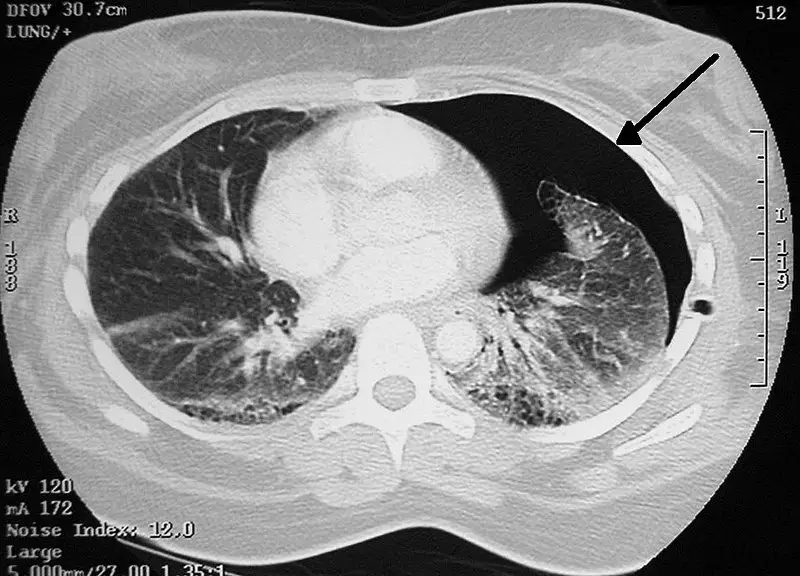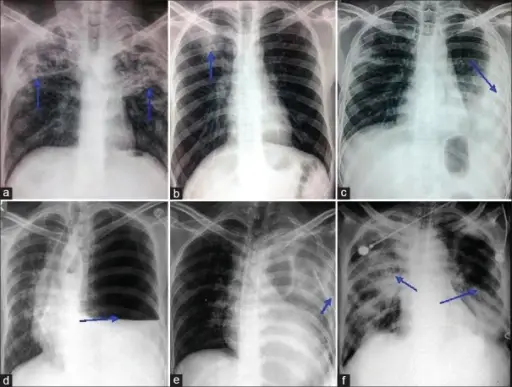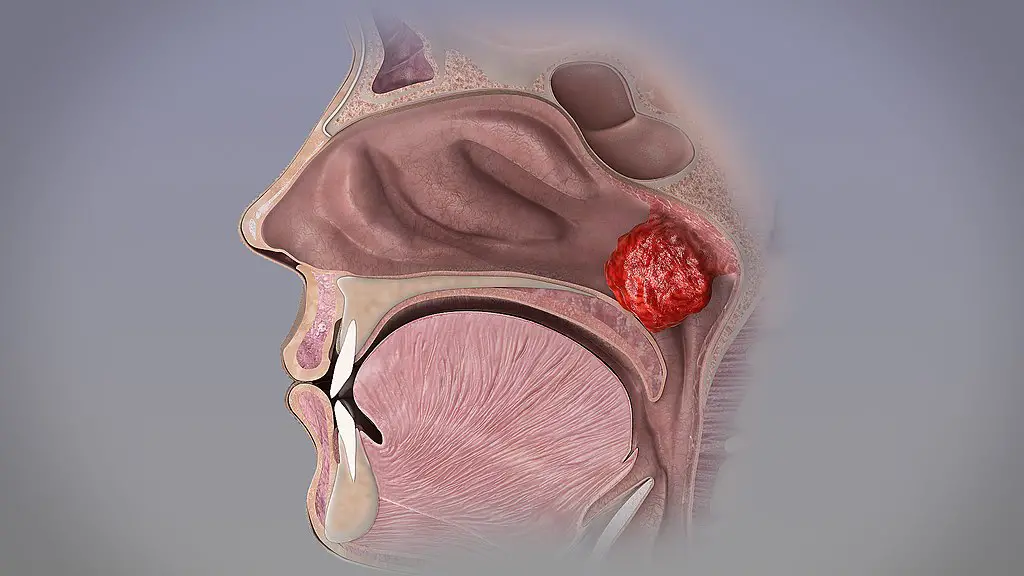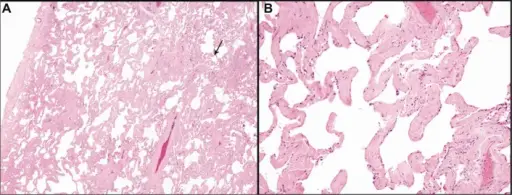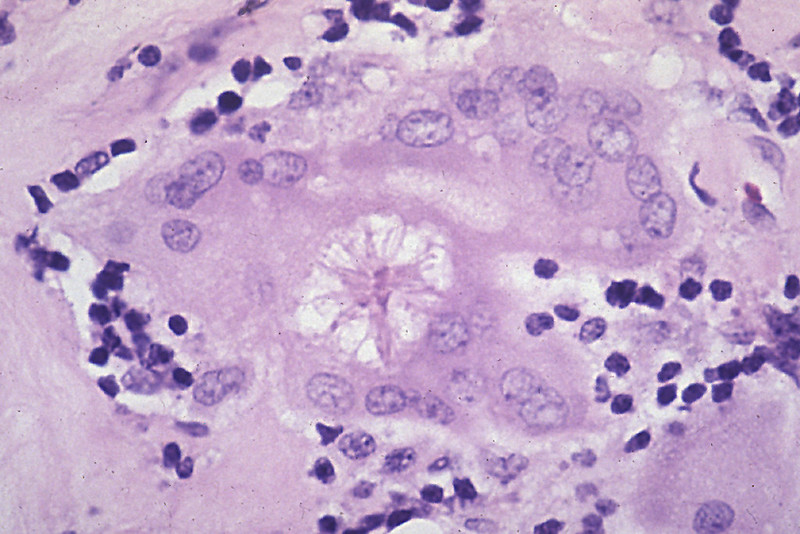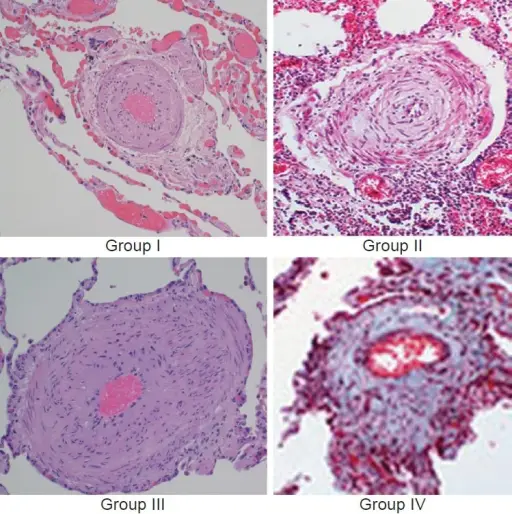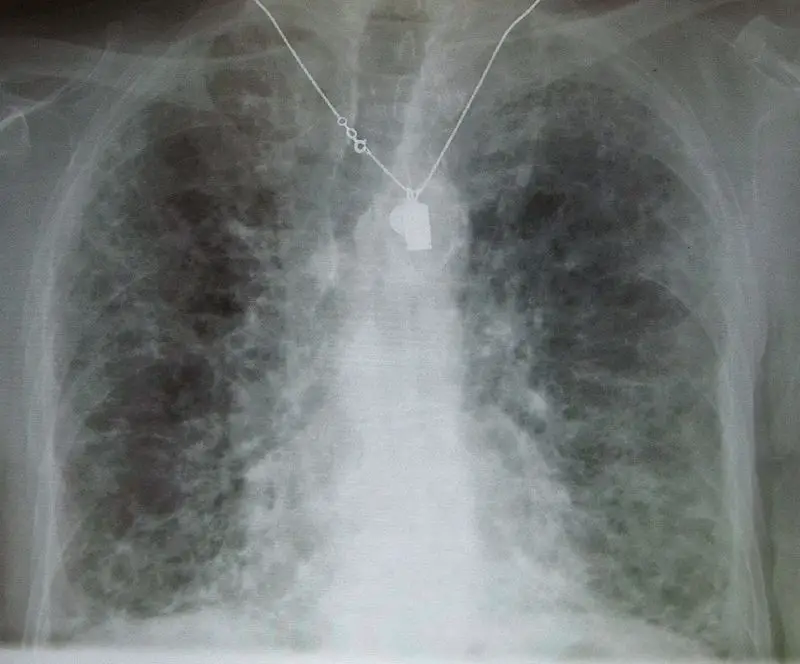Pleura Pathology Study Guide
Pleura Pathology Video Pleura pathology involves abnormalities of the pleura. Pleura pathology includes: Pneumothorax Mesothelioma Pneumothorax Pneumothorax is air buildup in the pleural space. Spontaneous pneumothorax is because of rupture of an emphysematous bleb. Pneumothorax leads to collapse of a…

